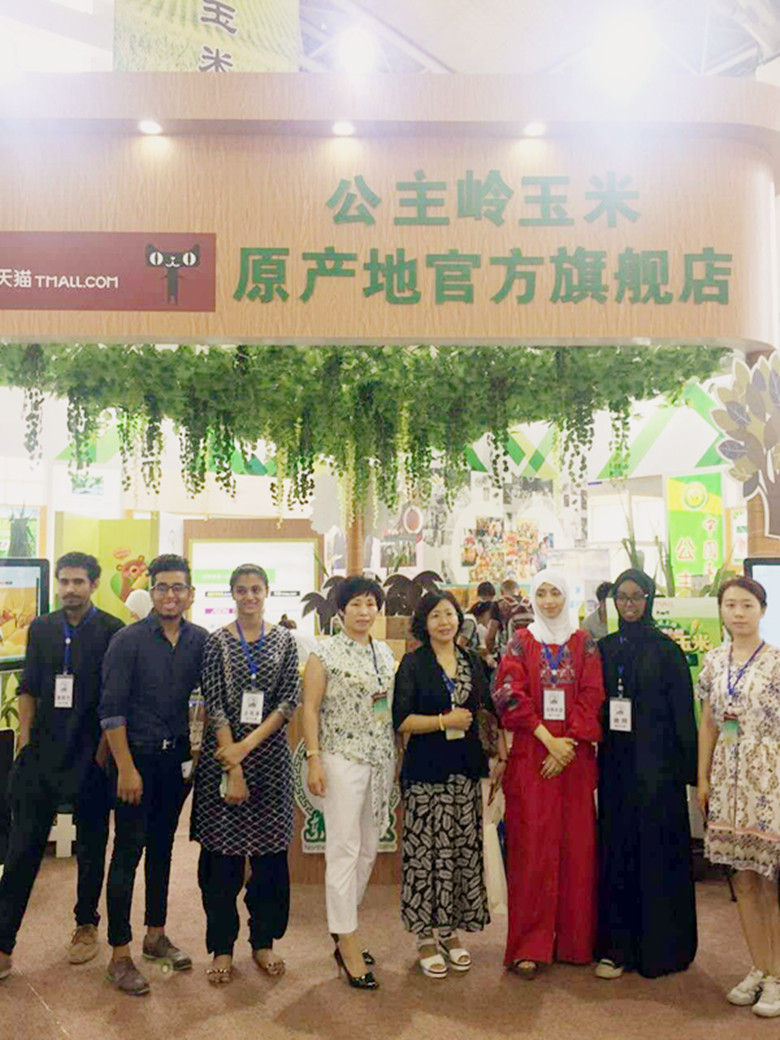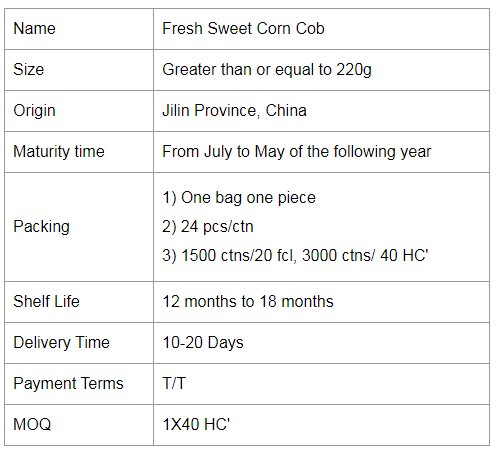This year, we have a big trend in the brown planthopper in our country. The situation of prevention and control is very serious. Experts remind that the most critical thing is to use scientific medicine to prevent late-maturing rice brown planthopper.
Abuse of pesticides has serious consequences
Aphids, rice leaffolders, rice planthoppers, brown planthoppers, and brown planthoppers have been outbreaks in recent years. Experts believe that most of them are the direct consequences of the abuse of pesticides. The abuse of pesticides extinguishes the natural enemies in the field, the role of natural control weakens, and insect resistance increases. The use of imidacloprid is an example. Researcher Jiang Xianjie of the Shanghai Academy of Agricultural Sciences and his research group made a study on the use of insecticides and the propagation speed of rice planthoppers. The results were surprising: the use of insecticidal doubles actually allowed rice planthoppers to fly. The survival rate and propagation coefficient increased by 8.5% and 33%, respectively.
According to Qian Xuhong, chief scientist of the National 973 Project “Green Chemical Pesticides†and Professor of East China University of Science and Technology, the recurrence of rice planthoppers was attributed to people’s incorrect use and abuse of pesticides. For example, when pests do not use drugs for the sensitive period of the drug, the use of drugs in other periods is equivalent to making them resistant to exercise, and sometimes only 1 gram of anti-efficacy is required to achieve 95%, and it is preferable to use 10 times and 20 times the amount of them. Killing the film does not stay. He also pointed out that due to the unscientific use of medicines, the life span of a chemical pesticide species in China is only 10 years old, only 1/3 to 1/2 of those in Europe and the United States.
Misunderstandings when using pesticides
First, the farmers could not accurately identify pests during the prevention and treatment. For example, some of them considered the rice gall midge as brown planthopper and used drugs blindly. When they saw insects, they used drugs.
The second is the irrational use of effective pesticides. Dichlorvos are effective agents for controlling brown planthoppers. However, in the early stage of brown planthoppers, the use of dichlorvos is not a wise choice. Its fumigation properties can only faint the insects, and the revived brown planthoppers will gain a higher level of resistance and have a direct impact. Late prevention and control. In addition, due to its broad spectrum, organophosphorus pesticides kill a large number of natural enemies and cause great damage to the ecological environment in the field, resulting in the fragility of the paddy field ecology in the later period. Dichlorvos cannot be used in any quantity, so when the late rice brown planthoppers occur in the late rice season, farmers who have used two dichlorvos often do nothing.
The third is the lack of water. For the migratory locust pests, it is necessary to ensure sufficient water supply at the time of application. When applying pesticides, water should be sufficient. In general, the water consumption per mu should be 50 to 60 kg. In addition, the field needs to maintain a certain water layer (usually about 5 to 8 cm), and many brown streaks that have been knocked out but not killed fall into the water and drown, which can be an effective supplement for chemical control.
The fourth is not according to the prevention and treatment indicators. In the control of young nymphs (larvae) at the youngest peak stage, the resistance of insect pests is not strong, and it does not cause harm to late rice, so the best control effect is. Late rice nymphs of late rice nymphs often have multiple peaks. If they are used for drug control each time, they will not only have a good control effect, but also cause serious environmental pollution and kill natural enemies. In view of late-season rice planthoppers, “multigenerational generationsâ€, it is best to seize the nymphs and control them according to prevention and control indicators.
The fifth is the lack of overall awareness of prevention. Due to the relocation of the brown planthopper, the operation of the Xiaotian block is difficult to prevent and control, and the neighboring field block may affect each other. Therefore, the application of pesticides should be negotiated, and as far as possible, the application of pesticides at the same time, and the prevention and control of the system, is very favorable for the control of large areas of brown planthopper in late rice. It should be vigorously promoted.
Ready-to-eat Single Packed Sweet Corn
The factory is located in Gongzhuling City which known as "Hometown of Corns in China", it is one of the top three golden corn belts in the world far away from pollution.
Jilin Province, as the main corn producing region in China, is also in the main grain exporting province of the country. It has been the first in China in terms of total corn production and commercial grain rate. There has the mosst excellent soil and climate which are suitaable for corn growth. The corns there have high yield and excellent quality, are ideal raw materials for processing fresh sweet and waxy corn.Corn planting in the Northeast region is mostly one crop a year, and spring sowing is mainly based on clearing, which accounts for more than 50% of the corn planting area in the Northeast.
In addition to clearing, the importance of corn in crop rotation cannot be ignored. Rotate crops with sorghum, millet, soybeans and other crops to improve crop yields.
Affected by climatic characteristics, the choice of corn varieties in Northeast China is to choose varieties with moderate maturity or early maturity, and at the same time have the characteristics of low temperature tolerance and high yield.



If you have any questions, please contact us directly. Welcome to visit our factory, if you have any questions, please email us directly.
Sweet Corn Cob Varieties,Sweetest Sweet Corn,Sweet Corn Maize,Sweetened Corn Cob
Jilin Province Argricultural Sister in Law Food Co., Ltd. , https://www.nscorn.com